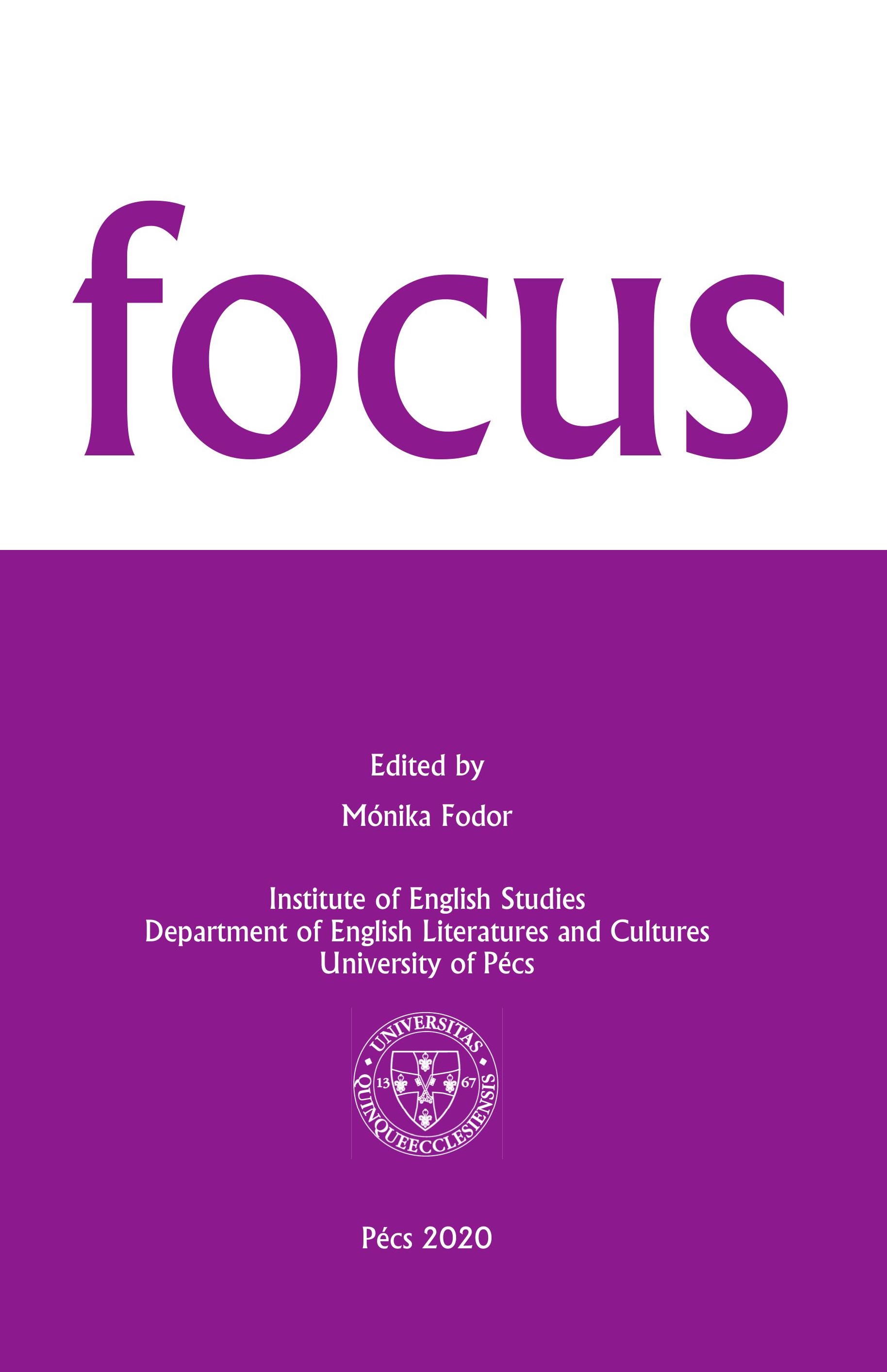Blake’s Allegory of Tolerance
DOI:
https://doi.org/10.15170/Focus/12.2020.1.15-29Abstract
Glimpsing at the critical discourse of recent decades, one may have the impression that something has become increasingly intolerable about tolerance. The growing number of books on the subject, including surveys of the cultural diversity of related notions, seems to suggest that a growing number of doubts surround not only the feasibility of global practices or institutions of toleration but the status of the very concept of tolerance as well. Arguments about the paradox of tolerance, its boundaries, its difficulty, its crisis, or even its dangers, to mention but a few of the multitude of concerns, are often coupled with eff orts to delineate, and thereby to limit, its scope through distinctions between, say, tolerance and forbearance, toleration and tolerance, acceptance and tolerance, recognition and tolerance, hospitality and tolerance, and so forth. As a proponent of the latter divide, Jacques Derrida has argued that, unlike hospitality, the concept of tolerance still seems to imply a notion of power and sovereignty which should be critically superseded and replaced by a disposition that is no longer an “invitation” of the other but an openness to its unexpected and incalculable “visitation” (Derrida, “Autoimmunity” 129). For Derrida, tolerance could still be described as a conditional mode of hospitality, whereas what we would really need is an absolute opening toward alterity or futurity, one which leaves behind any attempt at calculating what is to come, and is in that sense purely unconditional. Such an openness could rightfully be called hospitality per se.
Downloads
Published
How to Cite
Issue
Section
License
Copyright (c) 2022 FOCUS: Papers in English Literary and Cultural Studies

This work is licensed under a Creative Commons Attribution-NonCommercial-NoDerivatives 4.0 International License.
FOCUS: Papers in English Literary and Cultural Studies follows the principles laid down by Creative Commons, which provides guarantees for the Author’s copyright while also ensuring that intellectual properties are made available for the wider public in a digital form. All papers submitted to the journal apply the following licence conditions (indicated on the journal’s website as well as in individual publications):
“© This work is licensed under a Creative Commons Attribution-NonCommercial-NoDerivatives 4.0 International License.”
You are free to:
- Share, copy and redistribute the material included in the journal in any medium or format under the following terms:
- Attribution — You must give appropriate credit to the Author, and indicate the original place of publication [FOCUS: Papers in English Literary and Cultural Studies, Issue nr., page numbers.].
- NonCommercial — You may not use the material for commercial purposes.
- NoDerivatives — You are not allowed to remix, transform, or build upon the material.
- The above conditions must always be indicated if the journal material is distributed in any form.
- The above conditions must always be met, unless a written permission signed by the Author and the Editor-in-Chief states otherwise.

